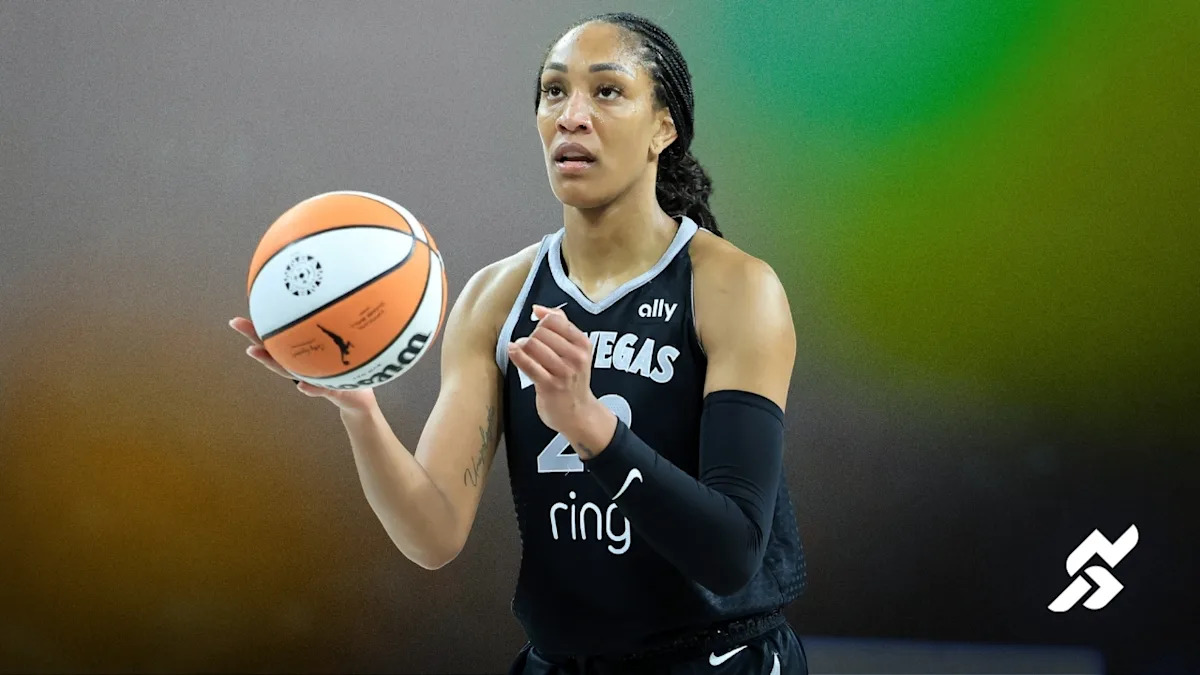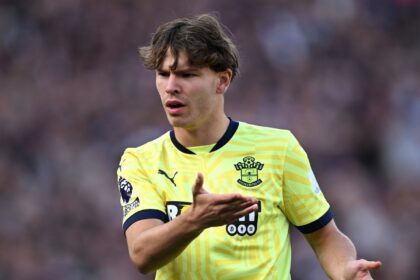Las Vegas star A’ja Wilson has joined other WNBA players expressing dissatisfaction with the ongoing collective bargaining negotiations. The three-time league MVP criticized the league’s recent counterproposal, which she described as “raising eyebrows,” for failing to include the fair revenue-sharing system that players are demanding amid the league’s economic growth.
Wilson stated, “We know who we’re dealing with on the other side,” urging transparency and calling out what she sees as unfair practices. With the current CBA set to expire in less than four months, tensions are rising due to the league’s recent response resembling the existing revenue sharing model, which features a hard salary cap. Players and their union want more flexibility to exceed these caps, but the WNBA has yet to comment on the matter.
WNBPA President Nneka Ogwumike expressed that the league misunderstood the union’s initial proposals and noted frustration over delays in the negotiation process. She emphasized the union’s goals to improve family planning and retirement benefits through a better pension plan but highlighted how revenue sharing disagreements complicate talks, especially regarding non-salary cap compensation.
Ogwumike also criticized the league’s expansion fee of $250 million, noting it does not benefit players despite the league’s growth, and hopes for more clarity during the upcoming meetings in Indiana. WNBPA Executive Director Terry Carmichael Jackson aims to make significant progress toward an agreement by the WNBA All-Star Weekend starting July 18, with a deadline to complete talks by October 31.
Chelsea Gray, a veteran guard and union representative, described the league’s counterproposal as “awful” and expressed surprise it did not offer meaningful improvements over the current revenue-sharing system. In contrast to the WNBA, other major leagues like the NBA and NFL have revenue-sharing agreements guaranteeing players nearly half of basketball-related or league income.
Key WNBPA All-Stars such as Breanna Stewart and Satou Sabally have publicly voiced disappointment with the league’s response. Sabally even labeled the counterproposal a “face slap” and reached out personally to WNBA commissioner Kathy Engelbert. The league is enjoying unprecedented growth in ticket sales, viewership, and recently secured a $2.2 billion media rights deal, with plans to expand to 18 teams by 2030.
Gray underscored the importance of recognizing players’ contributions, stating, “There’s no league without players, so revenue sharing needs to reflect that.”
Fan Take: This news highlights the WNBA players’ fight for a fair share of the league’s expanding revenues, a crucial issue that could shape the future of the sport. For fans, supporting these negotiations means backing fair compensation and sustainable growth in women’s basketball, ensuring the league’s best talents are valued and motivated to stay.



